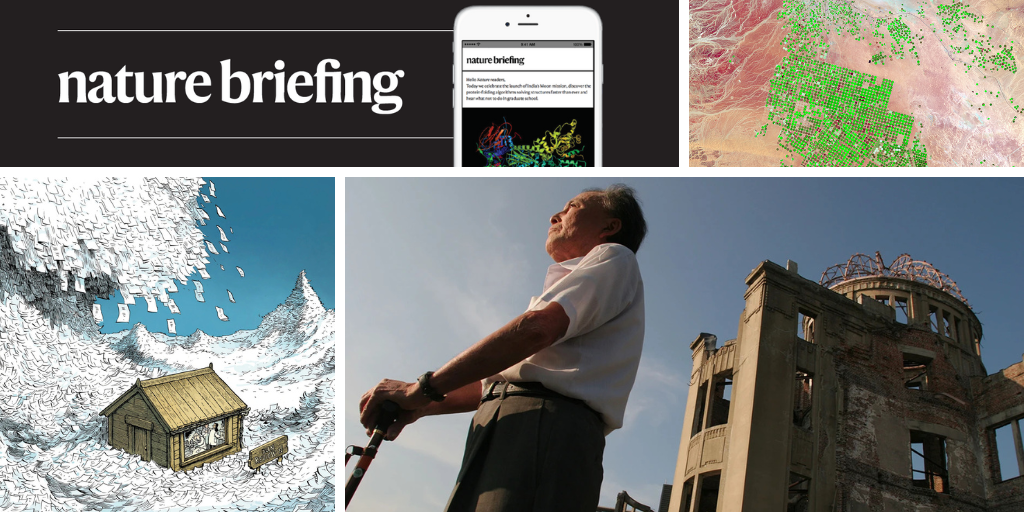
"Google released an AI model that integrates vast data sources to monitor environmental changes. Researchers acknowledge the model's potential but urge transparency on its validation process."
"A genetic study suggests that modern potatoes arose from an ancient crossbreeding event with tomatoes, combining key genes from both plants for tuber development."
"Research indicates that a small group of editors contributed to a significant portion of retractions at PLoS ONE, highlighting issues in the peer-review process."
"Findings reveal that 30% of PLoS ONE's retractions stemmed from a few editors, emphasizing that retraction problems extend beyond the actions of individual authors."
Eighty years post-Hiroshima, reflections from survivors provide enduring lessons. Google launched an AI 'virtual satellite' to monitor environmental changes, but researchers seek clarity on its validation. A genetic examination indicates that modern potatoes resulted from a hybridization event with tomatoes, combining genes essential for tuber growth. Additionally, data reveals that a limited number of editors at PLoS ONE are responsible for a disproportionate amount of retractions, suggesting systemic flaws in the peer-review process that extend beyond individual authorship issues.
#nuclear-warfare #artificial-intelligence #potato-genetics #peer-review-crisis #scientific-retractions
Read at Nature
Unable to calculate read time
Collection
[
|
...
]